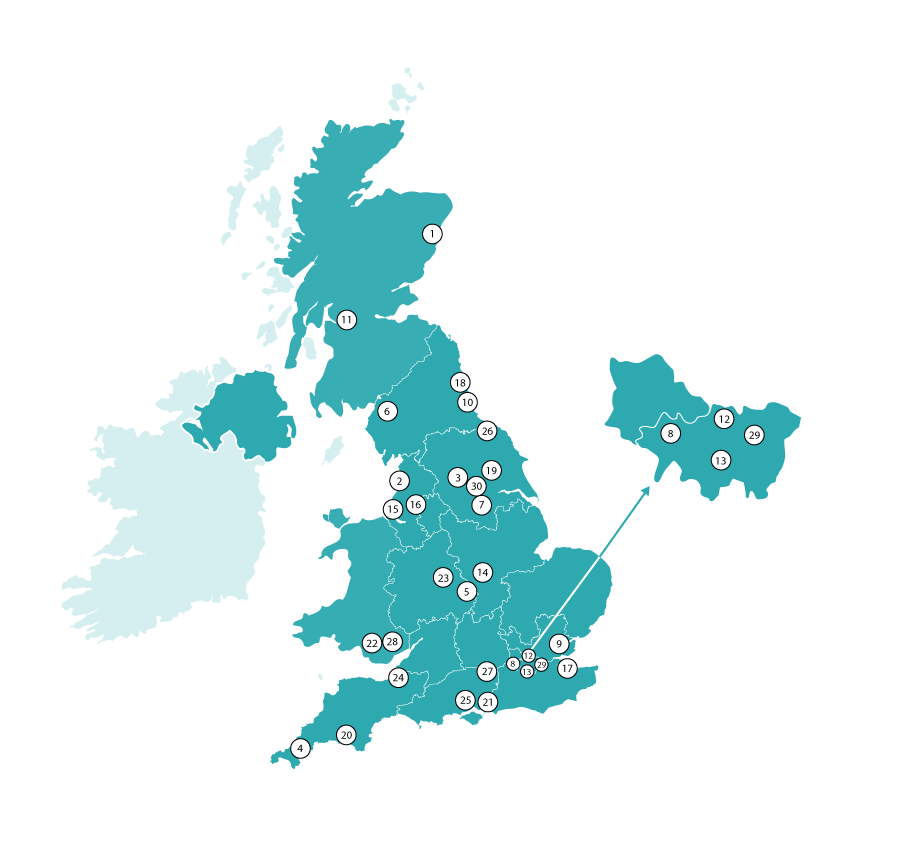
Learn more about our further investment in HDRCs to help tackle health inequalities and improve health outcomes.
Read £55m to tackle health inequalities news article

Health Determinants Research Collaborations (HDRCs) boost research capacity and capability within local government. They aim to embed a culture of always using evidence when making decisions. HDRCs use research findings to understand how decisions impact on health and health inequalities. They also carry out research where evidence isn’t already available.
Health is unequal across the UK and there are many factors which cause this. These include social, economic and environmental factors - also known as wider determinants of health - which are heavily influenced by the work of local government. HDRCs enable local authorities to use and conduct high-quality research into these determinants.
Find out more about the strategy and ambitions behind HDRCs in this video:
Our investment in HDRCs will help create an evidence-informed culture within local government. It enables researchers and local authorities to collaborate and use evidence when it comes to making decisions. This approach helps improve health and means better outcomes for the public.
"It’s clear that people working in local government have the added advantage of knowing their local areas and communities. This investment will equip them to embed a lasting legacy of research culture to help local populations take important steps forward in tackling health inequalities."
Professor Lucy Chappell, NIHR CEO
Each HDRC is usually hosted by a single local authority which works with universities. This brings together local government knowledge and research skills from the academic community.
Many factors affect health and wellbeing in our daily lives. Our health is impacted by the environment we live in, the economy and our social relationships. These are what we call wider determinants of health.
Wider factors affecting health and wellbeing include:
Research is key to discovering how we can improve community health and reduce health inequality. HDRCs ensure there is public health research capacity to look into wider health determinants so that decision makers have the research evidence they need.
In October 2023, we awarded a further 11 local authorities with HDRC status and 6 with development funding*. This follows our first cohort of 13 HDRCs established in 2022-23.


Learn more about our further investment in HDRCs to help tackle health inequalities and improve health outcomes.
Read £55m to tackle health inequalities news article

Professor Brian Ferguson, Director of our Public Health Research Programme, talks about the strategy behind the HDRC investment.
Read the HDRC strategy blog